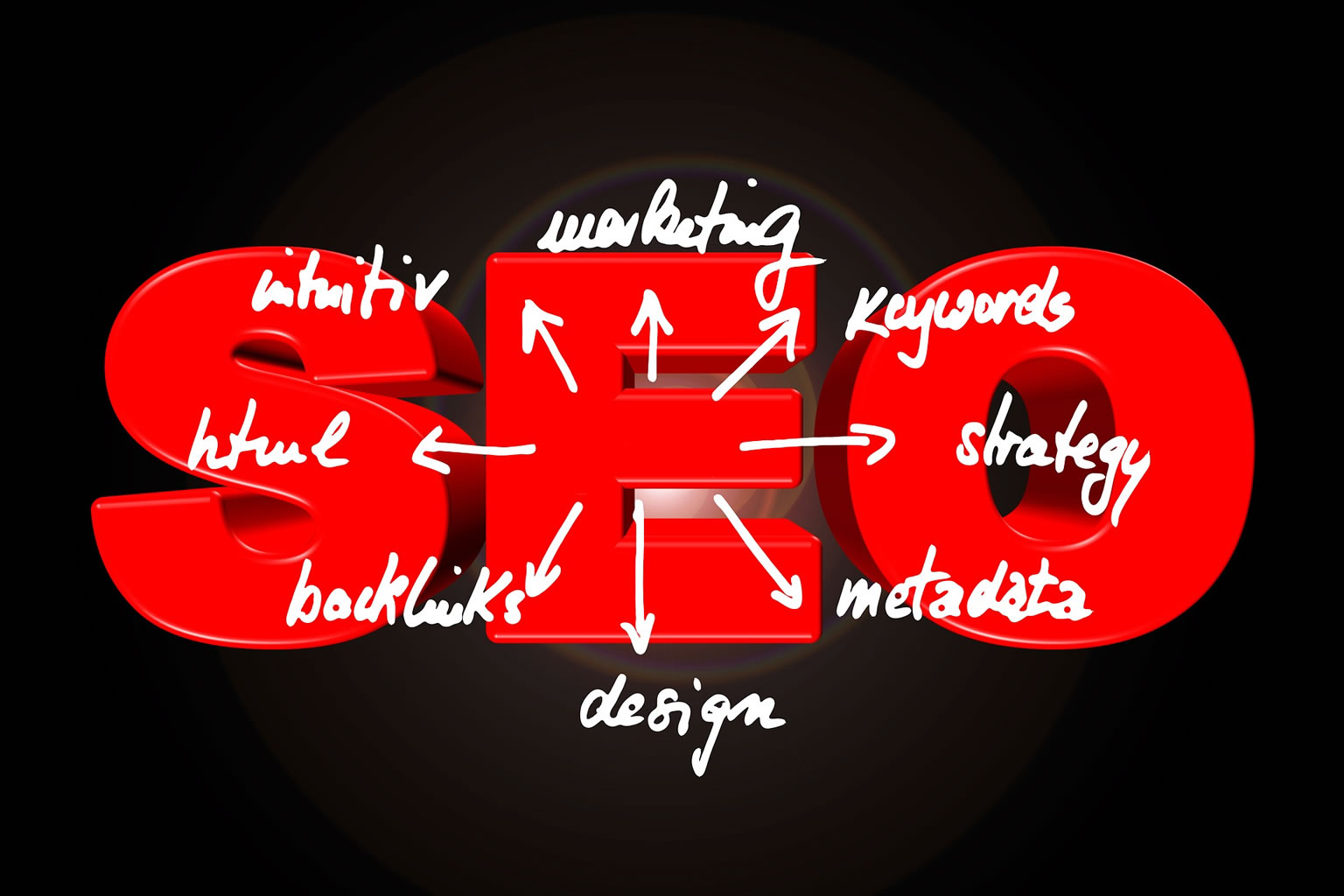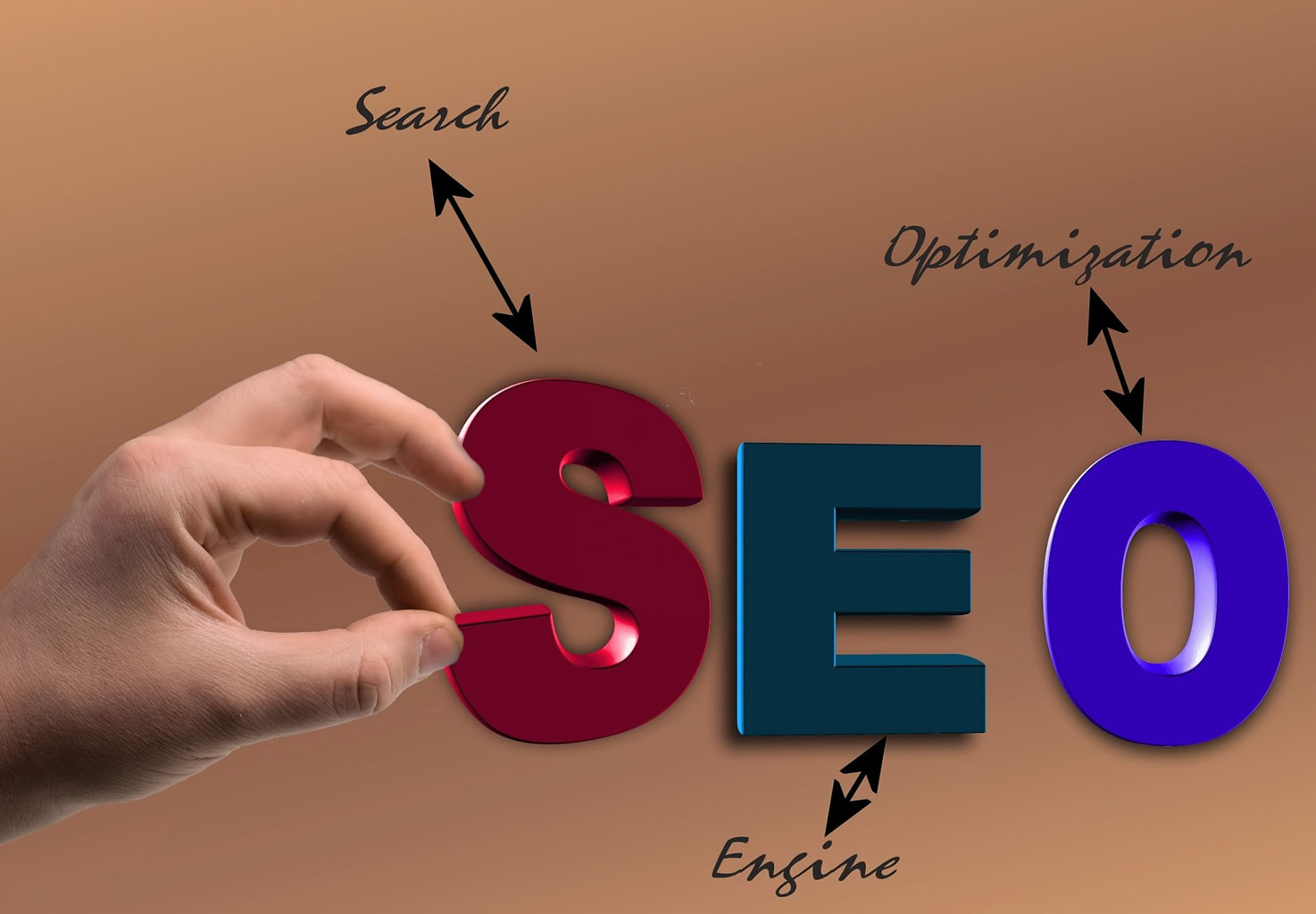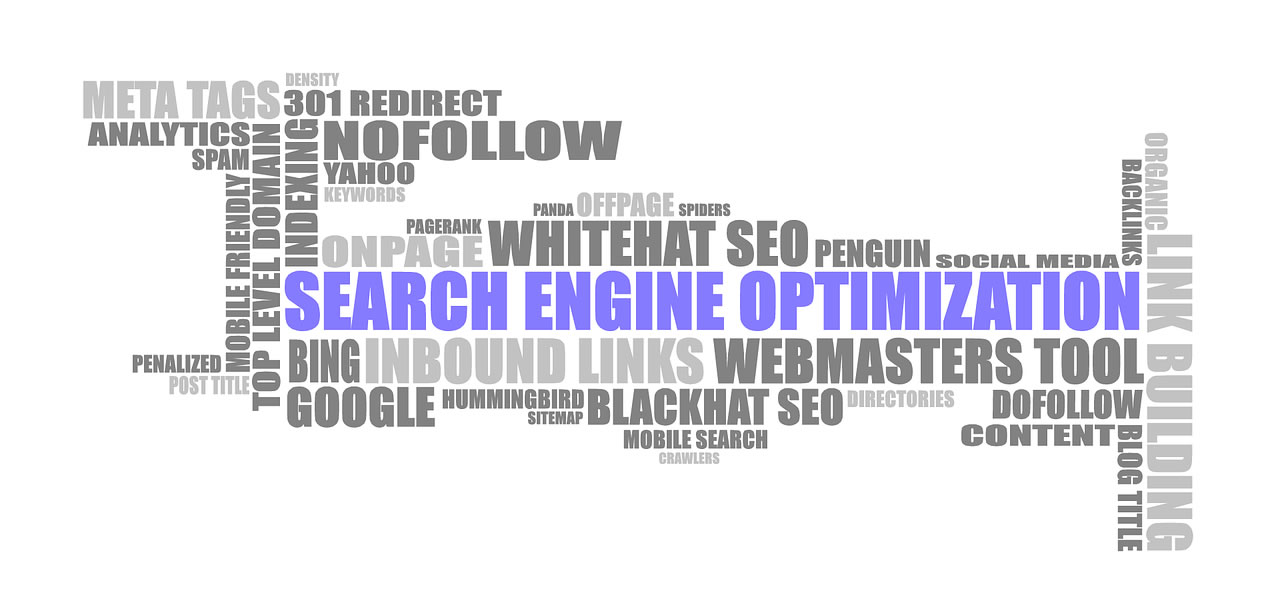Search Engine Optimisation
Let’s Cut to the Chase
As its name implies, search engine optimisation (SEO) is the practice of optimising the pages of a website for discovery by search engines and, as a result, more visible placement on the search engine results pages.
This is accomplished through a variety of means, from what is known as both ‘on-page’ and ‘off-page’ SEO techniques. It doesn’t stop there; the result must be regularly monitored to make sure that your website continues to be placed in the most favourable position all of the time.
Let’s get one thing straight, search engine optimisation is not complicated or magical, it’s a methodical process that is continually adapted as required to achieve the desired results. One of the main reasons for the adaption is that search engines change their algorithms, along with many other external factors that also come into the equation.
Search engine optimisation in 2022 is different from what search engine optimisation was in 2020 and in 2021, it’s millions of miles apart from what it was in 1997!

More to the point search engine optimisation is not about ‘tricking’ search engines or sending the ‘right signals’ it’s about identifying what your target website visitors want and need and about putting together that information or those products into a well-structured, easy to navigate and informative website.
To achieve good ‘organic’ search engine results your website needs to be extraordinarily good, so good that visitors find it useful and want to use it a lot, to tell their friends about it, with content that is so unique and well written and presented that other relevant websites link to your site.
Over recent years’ times have changed, there is an awful lot more competition for ‘organic results’ for each phrase and keyword, there is no short cut for anyone, your website content must be great, you need to tell the search engines about it and then they will begin to rank it.
Some new website owners want to achieve ‘quick results cheap’, the result of this is included within those very words when they are turned around, ‘quick cheap results’.
Today it’s about quality over quantity, adding real value content that really answers questions people have, content on topics instead of single keywords which is then further enhanced with our own ‘work in the background’, something which we have developed since 1997 and something that we continue to adapt and test at every opportunity.

What about Keywords?
Don’t let anyone kid you, Keywords are important, they always have been, and they always will be. You must consider your business, someone searching for your product/service – what would they search for?
The answer is not always that obvious.
The initial target for search engine optimisation is to aim for a good ranking for certain keywords and phrases, which must be achieved using those keywords and phrases within your quality content without spamming within that content, it’s a very fine balance.
The early days of ‘search engine optimisation’ by spamming a web page with many target keywords are long gone, if used in this day and age it would have a negative effect on the end results.
Keyword Rich Domains
Keyword rich domains are something we specialise in, we act as domain ‘landlords’ and have many hundreds of ‘keyword rich’ domains that are out on lease to our clients, at times we have a few available for lease.
The search engine optimisation results we have achieved using keyword rich domains has been and remains to be, tremendous, please see our Domain Leasing page for further details.
What about links?
Links are of course very important, but those you can create yourself like comments, directories, guest books, article directories, etc. can potentially do more harm than good. It’s all about editorial links from high-quality sites, the cutting corners type of approach does not work, valuable links have to be earned.


What about Pay Per Click (PPC) Advertising?
Unlike search engine optimisation, pay per click advertising focuses on the investment of an advertising budget to purchase ‘clicks’ for adverts that are positioned prominently on search engine result pages. Essentially it is a modern-day TV advert, but it is by no means as simple as throwing money at an advertising campaign to achieve results, advertisers must think strategically to achieve their goals.
The good news about these relatively new routes to market is that although the big players are dominant because of their spend and strategic actions, small businesses can get the benefit of similar advertising, even with a relatively small advertising budget.
Google Ads (formally known as Google Adwords) along with Bing Ads are pay-per-click advertising platforms designed to help website operators reach specific audiences, drive traffic, and increase their revenue.
At the same time, each platform possesses specific features and benefits, making it unique and advantageous over the other.
Google Ads
Google Ads comprises two advertising networks, their ‘search network’ where advertisers create text ads to appear on the search engine results page and their ‘display network’ where advertisers create display ads to appear on a vast number of related websites across the internet.

Bing Ads
Bing, which is owned by Microsoft has three search engines, Bing, Yahoo, and AOL. Advertising on one platform sees your adverts displayed across all three. This opens campaigns to searchers across all Bing, Yahoo, and AOL owned and operated sites, as well as various partner sites.
Some interesting facts about search engine placement: –
- 93% of website visitors are generated from internet search engines;
- 89% of those visitors are first-time visitors;
- 99% of internet searchers do not look beyond the top 30 search engine results;
- 97% of them never look beyond the top 10 search engine results;
- Top 10 search engine positions receive 78% more traffic than those on page two and three (in positions 11-30);
- 85% of online revenue is generated from websites in the top 10 positions on search engine result pages;
- 93% of global consumers use search engines to find websites; and
- 77% of Google users use the natural/organic search links

Conversion Rate
A website is not only about looking great with a lot of cool features and having many visitors, but it’s also all about the conversion rate of those visitors once they are at the website.
It may well be that the number of orders is not matching the expected returns and your conversion rate is not as good as anticipated.
You really need to know why, and how to fix it, which is where we can come in. There is no point in guessing what the problem is, your website needs testing to find and prove where the problem is and then the problem needs fixing.
You need to know what is wrong, you need expert advice on figuring out what is not working, why it’s not working and how to fix it.
That’s where we can help, there is no point in guessing what is wrong, let us test it, find the problem, prove the problem and then fix the problem.
Why not contact us using our secure online form below and let’s talk through how we may be able to help you.
Contact Us
Please complete our secure online form to contact us, we will get back to you as soon as possible.
If our offices are closed when we receive your message we will get back to you as soon as possible when our offices are open next, Monday to Friday 09:00 to 17:00 hrs
